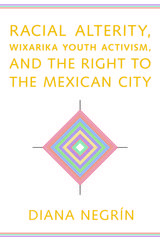6 start with D start with D
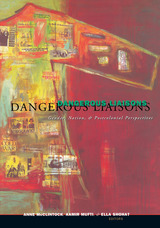
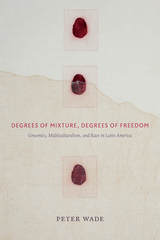
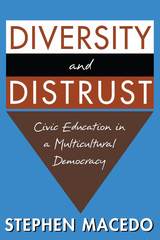
What should the aims of education policy be in the United States and other culturally diverse democracies? Should the foremost aim be to allow the flourishing of social and religious diversity? Or is it more important to foster shared political values and civic virtues?
Stephen Macedo believes that diversity should usually, but not always, be highly valued. We must remember, he insists, that many forms of social and religious diversity are at odds with basic commitments to liberty, equality, and civic flourishing. Liberalism has an important but neglected civic dimension, he argues, and liberal democrats must take care to promote not only well-ordered institutions but also well-ordered citizens. Macedo shows that this responsibility is incompatible with a neutral or hands-off stance toward diversity in general or toward the education of children in particular. Extending the ideas of John Rawls, he defends a "civic liberalism" that supports the legitimacy of reasonable efforts to inculcate shared political virtues while leaving many larger questions of meaning and value to private communities.
Macedo's tough-minded liberal agenda for civic education offers a fundamental challenge to free market libertarians, the religious right, parental rights activists, postmodernists, and many of those who call themselves multiculturalists. This book will become an important resource in the debate about the reform of public education, and in the culture war over the future of liberalism.

America is the first society in history to make ethno-racial diversity an affirmative social ideal rather than viewing it as a fearful menace, as almost all other societies still do. Since the 1960s, America has pursued this ideal in many forms—not only to remedy past discrimination against minorities but also to increase diversity for its own sake.
It is high time for an accounting. How diverse are we now and what can we expect in the future? Why do we, unlike the rest of the world, think that diversity is desirable and that more of it is better? What risks does diversity pose? What are the roles of law, politics, and informal social controls in promoting diversity? How can we manage diversity better?
In this magisterial book, Peter H. Schuck explains how Americans have understood diversity, how we came to embrace it, how the government regulates it now, and how we can do better. He mobilizes a wealth of conceptual, historical, legal, political, and sociological analysis to argue that diversity is best managed not by the government but by families, ethnic groups, religious communities, employers, voluntary organizations, and other civil society institutions. Analyzing some of the most controversial policy arenas where politics and diversity intersect—immigration, multiculturalism, language, affirmative action, residential neighborhoods, religious practices, faith-based social services, and school choice—Schuck reveals the conflicts, trade-offs, and ironies entailed by our commitment to the diversity ideal. He concludes with recommendations to help us manage the challenge of diversity in the future.
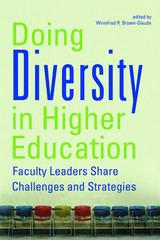
The rich variety of colleges and universities included provides a wide array of models that faculty can draw upon to inspire institutional change.
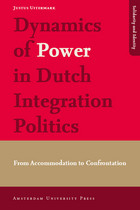
READERS
Browse our collection.
PUBLISHERS
See BiblioVault's publisher services.
STUDENT SERVICES
Files for college accessibility offices.
UChicago Accessibility Resources
home | accessibility | search | about | contact us
BiblioVault ® 2001 - 2024
The University of Chicago Press



